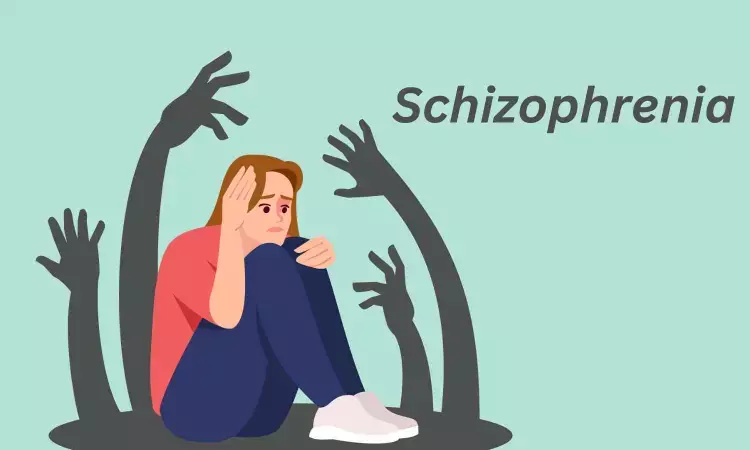- Home
- Medical news & Guidelines
- Anesthesiology
- Cardiology and CTVS
- Critical Care
- Dentistry
- Dermatology
- Diabetes and Endocrinology
- ENT
- Gastroenterology
- Medicine
- Nephrology
- Neurology
- Obstretics-Gynaecology
- Oncology
- Ophthalmology
- Orthopaedics
- Pediatrics-Neonatology
- Psychiatry
- Pulmonology
- Radiology
- Surgery
- Urology
- Laboratory Medicine
- Diet
- Nursing
- Paramedical
- Physiotherapy
- Health news
- Fact Check
- Bone Health Fact Check
- Brain Health Fact Check
- Cancer Related Fact Check
- Child Care Fact Check
- Dental and oral health fact check
- Diabetes and metabolic health fact check
- Diet and Nutrition Fact Check
- Eye and ENT Care Fact Check
- Fitness fact check
- Gut health fact check
- Heart health fact check
- Kidney health fact check
- Medical education fact check
- Men's health fact check
- Respiratory fact check
- Skin and hair care fact check
- Vaccine and Immunization fact check
- Women's health fact check
- AYUSH
- State News
- Andaman and Nicobar Islands
- Andhra Pradesh
- Arunachal Pradesh
- Assam
- Bihar
- Chandigarh
- Chattisgarh
- Dadra and Nagar Haveli
- Daman and Diu
- Delhi
- Goa
- Gujarat
- Haryana
- Himachal Pradesh
- Jammu & Kashmir
- Jharkhand
- Karnataka
- Kerala
- Ladakh
- Lakshadweep
- Madhya Pradesh
- Maharashtra
- Manipur
- Meghalaya
- Mizoram
- Nagaland
- Odisha
- Puducherry
- Punjab
- Rajasthan
- Sikkim
- Tamil Nadu
- Telangana
- Tripura
- Uttar Pradesh
- Uttrakhand
- West Bengal
- Medical Education
- Industry
Can probiotics plus vitamin D supplements benefit people with schizophrenia?

Previous studies have questioned whether gut microbe imbalances and vitamin D deficiency may be linked to schizophrenia. New research published in Neuropsychopharmacology Reports now indicates that taking probiotics plus vitamin D supplements may improve cognitive function in individuals with the disease.
For the study, 70 adults with schizophrenia were randomized to take a placebo or probiotic supplements plus 400 IU vitamin D daily for 12 weeks. Severity of the disease and cognitive function were evaluated by tests called the Positive and Negative Syndrome Scale (PANSS) and the 30-point Montreal Cognitive Assessment (MoCA), respectively.
A total of 69 patients completed the study. The MoCA score increased by 1.96 units in the probiotic-containing supplement group compared with the placebo group. Also, the percentage of patients with MoCA scores of 26 or higher (indicating normal cognition) rose significantly in the intervention group. Between-group differences in PANSS scores were not significant.
“Probiotics may be a novel way to treat mental disorders by regulating gut microbiota,” said corresponding author Gita Sadighi, MD, of the University of Social Welfare and Rehabilitation Sciences, in Iran.
References: Aida Mohammadi, Gita Sadighi, Ali Nazeri Astaneh, Maryam Tajabadi-Ebrahimi, Tahereh Dejam First published: 10 April 2024 https://doi.org/10.1002/npr2.12431
Dr Kamal Kant Kohli-MBBS, DTCD- a chest specialist with more than 30 years of practice and a flair for writing clinical articles, Dr Kamal Kant Kohli joined Medical Dialogues as a Chief Editor of Medical News. Besides writing articles, as an editor, he proofreads and verifies all the medical content published on Medical Dialogues including those coming from journals, studies,medical conferences,guidelines etc. Email: drkohli@medicaldialogues.in. Contact no. 011-43720751


